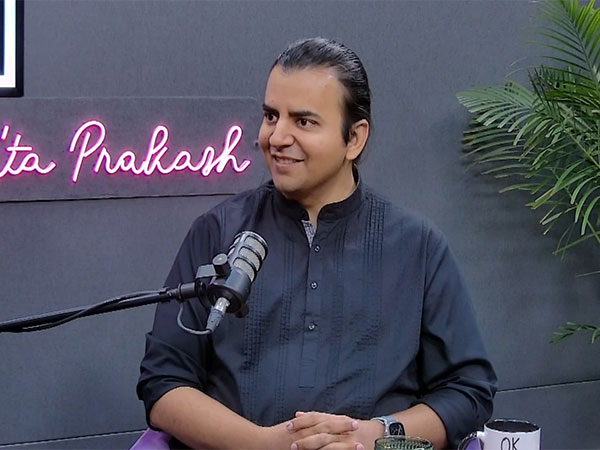Ola CEO Bhavish Aggarwal Predicts India as Global AI Employment Hub
Ola CEO Bhavish Aggarwal envisions India transforming into a leading AI employment hub by leveraging its extensive IT workforce. While AI could displace certain jobs, it also aims to create new opportunities, boosting global productivity and positioning India as a top exporter of AI technology and intelligence.

- Country:
- India
Ola CEO Bhavish Aggarwal foresees a future where India evolves into a global hub for AI employment, capitalizing on its vast pool of IT professionals. In an exclusive interview with ANI, Aggarwal articulated that India's young workforce could take on more significant roles in the global market, stating, "Today they are doing some work for global clients. Their work can be 10x more productive, which means we can bring 10x more jobs to India."
When questioned about whether AI would create more jobs than it would eliminate, Aggarwal provided a nuanced perspective, mentioning, "To quantify is difficult, but I would say AI will create new jobs, AI will take away jobs also." While the productivity boost could lead to job displacement in certain areas, it also holds the promise of new job creation in others.
Aggarwal highlighted how AI could enhance economic productivity by automating routine tasks and enabling individuals to accomplish more in less time. "Because of AI, economic productivity is going to increase globally. Disruptions in jobs are inevitable, but new opportunities will emerge," he added.
Aggarwal's vision includes making India a leading exporter of AI technology. He outlined a strategy emphasizing open access to data and development of robust infrastructure. "We should become a net AI export," Aggarwal asserted, adding that building compute infrastructure, data centers, and opening up large databases to the public are crucial steps toward achieving this goal.
Acknowledging the massive hype around AI, Aggarwal called for a strategic national approach involving all sectors of society—business leaders, media, bureaucrats, politicians, and government officials—to collectively consider AI's implications. "While there is risk, there is also opportunity," he stressed.
In the near term, Aggarwal believes AI will predominantly impact white-collar jobs. "The biggest impact in the next five years will be on white-collar jobs, not blue-collar jobs. AI is in your computer now, not in the robot yet," he concluded, indicating a significant shift in job markets towards desk-based and service-oriented roles.
(With inputs from agencies.)
ALSO READ
Karnataka Dy CM Urges Focus on Job Creation Over Politics
African Development Bank Approves $5.28M Grant to South Sudan for Job Creation
Rahul Gandhi Criticizes Modi's 'Monopoly Model', Proposes GST Simplification for Job Creation
States Urge Focused Approach on Quality Job Creation
India's Renewable Energy Surge: Job Creation and Economic Impact










